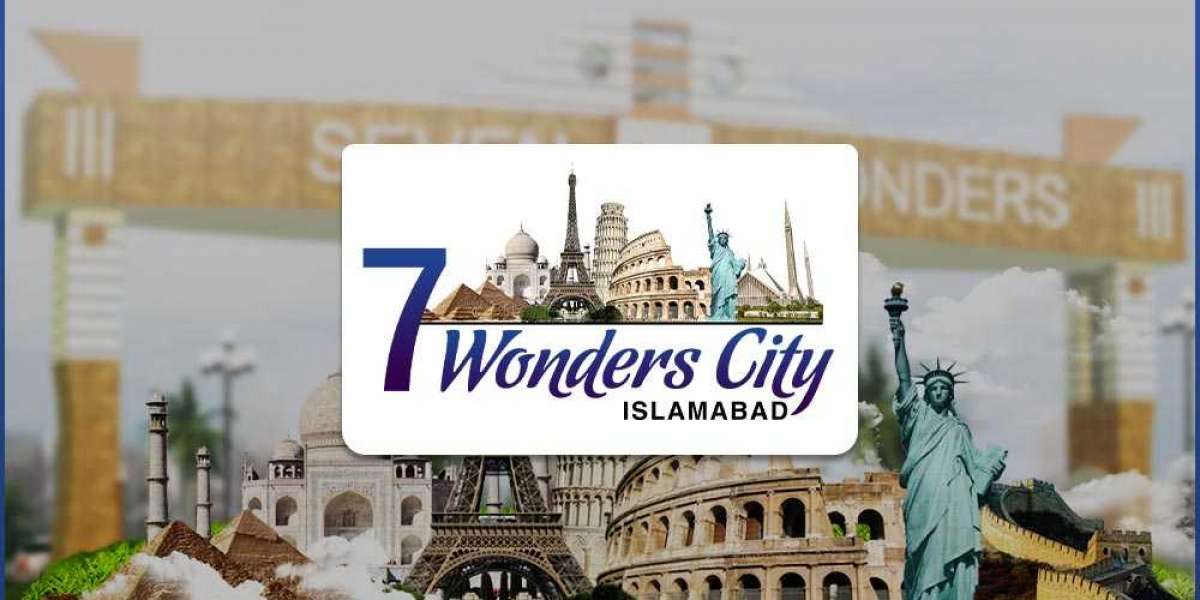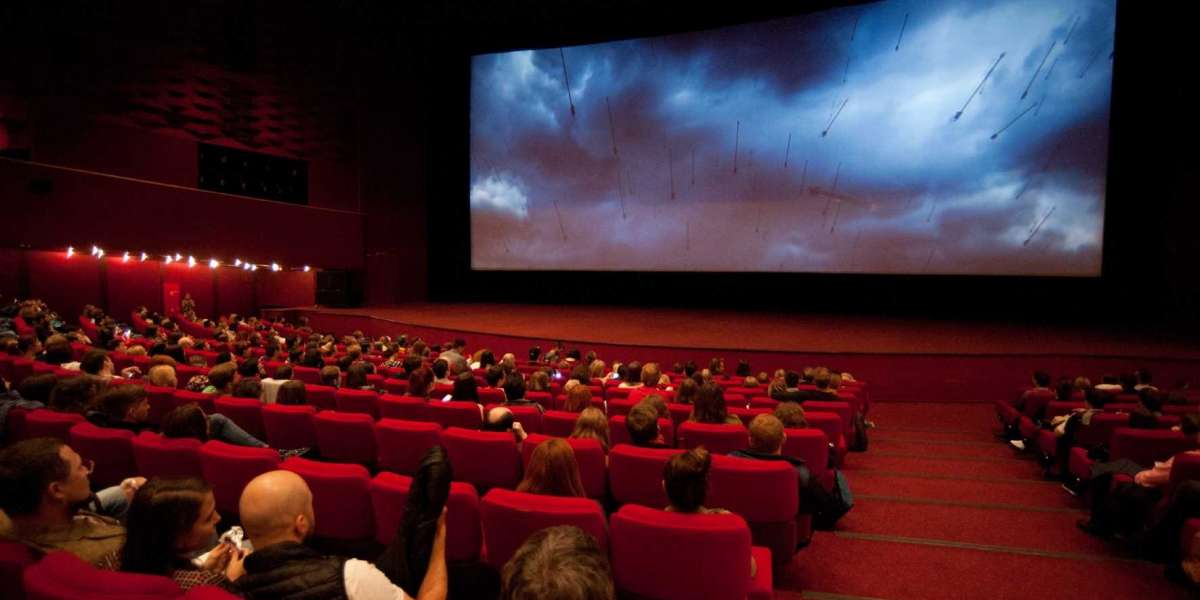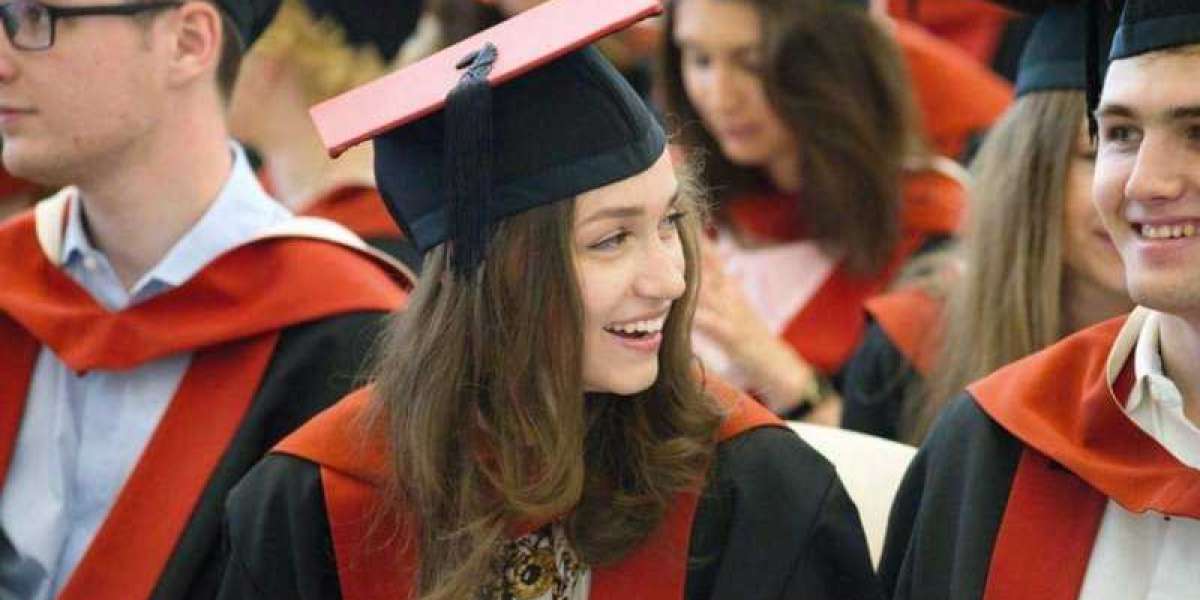Unlock the Secrets of Seven Wonder City Islamabad
The city of Islamabad is a beautiful city located in the country of Pakistan. The city is home to many wonderful attractions, including the seven wonders of Islamabad. These attractions are the Faisal Mosque, the Margalla Hills National Park, the Pakistan Monument, the National Assembly of Pakistan, the Supreme Court of Pakistan, the National Library of Pakistan, and the Shah Faisal Mosque.
1. Introduction
Islamabad, the capital of Pakistan, is a beautiful and modern city. It is also known as the "seventh wonder city" because of its unique location and architecture. The city is situated amongst the Margalla Hills and has a population of over 1.8 million people.
Islamabad was designed and developed in the 1960s as a planned city. The city is well-planned and organised, with wide roads and a grid system. The city is also home to many parks and gardens, making it a green and pleasant place to live.
Islamabad is a popular tourist destination, with many visitors coming to see the city's sights and landmarks. The city is also a popular base for trekkers and mountaineers, as it is surrounded by the scenic Margalla Hills.
So, if you are looking for a beautiful, modern and well-planned city to live in, then Islamabad is the perfect choice for you.
2. The Seven Wonders of Islamabad
Islamabad is the capital of Pakistan and is located in the Pothohar Plateau in the northern part of the country. The city is known for its beautiful landscapes and unique architecture. The city has many historical and cultural landmarks which attract tourists from all over the world.
The Seven Wonders of Islamabad are:
1. Faisal Mosque:
Faisal Mosque is the largest mosque in Pakistan and is located on the edge of the Margalla Hills in Islamabad. The mosque was designed by Turkish architect Vedat Dalokay and was completed in 1986. The mosque has four minarets and a large prayer hall which can accommodate over 100,000 worshippers.
2. Pakistan Monument:
The Pakistan Monument is a national monument and museum located in Islamabad. The monument was built to commemorate the struggle of the people of Pakistan for independence. The monument is shaped like a flower petal and has four bronze sculptures of different national leaders.
3. Rawal Lake:
Rawal Lake is a man-made lake located in Islamabad. The lake was created in 1962 and is the main source of water for the city. The lake is surrounded by lush green hills and is a popular spot for picnics and boating.
4. Shah Faisal Mosque:
Shah Faisal Mosque is located in Islamabad and is one of the largest mosques in the world. The mosque was designed by Pakistani architect Vedat Dalokay and was completed in 1986. The mosque has four minarets and a large prayer hall which can accommodate over 100,000 worshippers.
5. Lok Virsa Museum:
Lok Virsa Museum is a museum of folk heritage located in Islamabad. The museum has a collection of over 50,000 artifacts which depict the culture and heritage of Pakistan. The museum also has a library and a research centre.
6. Islamabad Zoo:
Islamabad Zoo is located in the Margalla Hills and is home to a variety of animals including lions, tigers, bears, elephants, and monkeys. The zoo also has a reptile house and a bird aviary.
7. Pakistan Mint:
3. The Secrets of Islamabad
Islamabad is the capital of Pakistan and is one of the most beautiful and modern cities in the world. It is also known as the "City of Lights" because of its beautiful night skyline. Islamabad is a great place to live, work, and raise a family. There are many things to do in Islamabad, and it is a very safe and friendly city.
Islamabad is located in the north-western part of Pakistan, and is the country's capital. The city is situated on the Pothohar Plateau, and is surrounded by the Margalla Hills. Islamabad is a very clean and well-organized city, and is one of the most modern and developed cities in Pakistan. The city has a population of approximately 1.8 million people.
Islamabad is a very safe city, and the crime rate is very low. The people of Islamabad are very friendly and welcoming. There are many things to do in Islamabad, including shopping, dining, and exploring the city's many parks and museums. Islamabad is also home to some of Pakistan's most prestigious universities, such as Quaid-e-Azam University and the National University of Sciences and Technology.
If you are looking for a safe and friendly city to live in, with plenty of things to do, Islamabad is the perfect place for you.
4. The History of Islamabad
Islamabad was founded as a planned city in 1960 to replace Karachi as Pakistan's new capital. 7 wonders city islamabad location The city's original name, "Islamabad", is derived from two words: Islam, meaning "peace" in Arabic, and -abad, a Persian suffix meaning "city" or "town".
The city was designed and built by Pakistani architects and engineers, and is known for its wide tree-lined streets, and modernist architecture. Islamabad is home to several landmarks, including the Faisal Mosque, the largest mosque in South Asia and the fourth largest in the world.
Islamabad is a relatively young city, and has undergone rapid development in recent years. The economy of Islamabad is primarily based on service industries, and the city is home to many educational institutions, including the Pakistan Institute of Engineering and Applied Sciences, Quaid-e-Azam University, and the National University of Sciences and Technology.
The city is also home to several parks and green spaces, including the Margalla Hills National Park, which offers hiking and picnicking opportunities. Islamabad is also home to a number of museums and art galleries, as well as the Pakistan Monument, which commemorates the country's founding fathers.
Islamabad is located in the Pothohar Plateau in the northeastern part of the country, and is bounded by the Margalla Hills to the north and the city of Rawalpindi to the south. The city has a humid subtropical climate, with hot, humid summers and cool, dry winters.
Islamabad has a population of 1.7 million (2017 estimate), making it the ninth largest city in Pakistan. The city is ethnically and religiously diverse, with a majority of the population being Muslim. The city is also home to a large number of government officials and diplomats, as well as students from all over Pakistan.
5. The Culture of Islamabad
Islamabad is the capital of Pakistan, and is located in the Pothohar Plateau in the northwestern part of the country. The city has a population of over 1.7 million, and is the ninth largest city in Pakistan. The city is home to many historical and cultural sites, and is a popular tourist destination.
Islamabad is home to many different cultures and ethnic groups. The city has a large number of Punjabi, Pashtun, and Kashmiri residents. There is also a significant number of Shia and Sunni Muslims. Christians, Hindus, and Sikhs also live in the city.
The city is known for its many parks and gardens. The Faisal Mosque is one of the largest mosques in the world, and is a popular tourist attraction. The Pakistan Monument is another popular tourist site. The Shakarparian Hills offer great views of the city, and are a popular spot for picnics and hiking.
Islamabad is also home to many educational institutions, including the Quaid-e-Azam University, the National University of Sciences and Technology, and the International Islamic University. The city also has a number of hospitals and clinics.
If you're looking to experience the culture of Islamabad, there are a number of ways to do so. You can visit the many historical and cultural sites, or you can participate in the city's many festivals and events. You can also try the city's traditional foods, or shop for traditional handicrafts. Whatever you choose to do, you're sure to have a memorable experience in Islamabad.
6. The People of Islamabad
Islamabad is the capital of Pakistan, and is located in the Pothohar Plateau in the northern part of the country. The city has a population of over 1.8 million, and is the 10th largest city in Pakistan. Islamabad is known for its beautiful landscapes, and is home to the Margalla Hills, the Faisal Mosque, and the Pakistan Monument. The city is also home to many embassies, and is a popular tourist destination.
7. The Future of Islamabad
Seven Wonder City Islamabad
What will the future hold for Islamabad, the capital city of Pakistan?
This is a question that has been on the minds of many people, especially those who live in or around the city.
There are a number of factors that will play a role in shaping the future of Islamabad.
The first is the city's location.
Islamabad is situated in a very strategic location.
It is close to the border with Afghanistan and also to the Persian Gulf region.
This makes it an ideal location for a number of different businesses and industries.
The second factor is the city's infrastructure.
Islamabad has a very good infrastructure.
The roads are well-built and the city has a good supply of water and electricity.
This makes it an attractive destination for businesses and industries.
The third factor is the city's climate.
Islamabad has a very pleasant climate.
The summers are not too hot and the winters are not too cold.
This makes it an ideal location for people who want to live and work in a comfortable environment.
The fourth factor is the city's population.
Islamabad has a population of over two million people.
This makes it a very attractive market for businesses and industries.
The fifth factor is the city's government.
The government of Islamabad is very supportive of businesses and industries.
They provide a number of incentives and infrastructure development projects.
This makes Islamabad an ideal location for businesses and industries.
The sixth factor is the city's education system.
Islamabad has a number of excellent schools and colleges.
This makes it an ideal location for people who want to get a good education.
The seventh factor is the city's culture.
Islamabad is a very cosmopolitan city.
There are a number of different cultures and religions represented in the city.
This makes it an ideal location for people who want to experience a different culture.
All of these factors make Islamabad an ideal location for businesses and industries.
The future of Islamabad is very bright.








